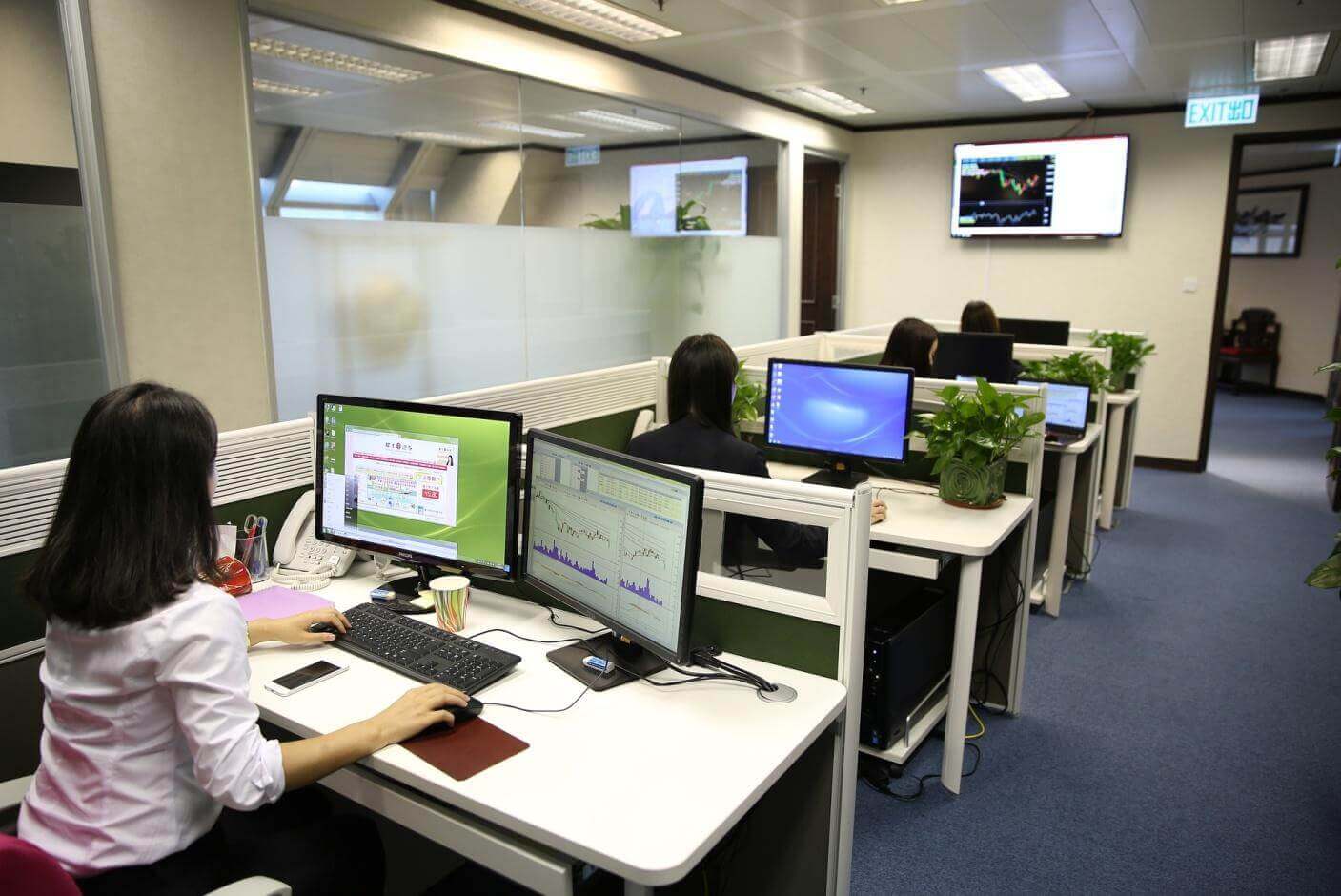Open offices are trending and with good reason. They foster an environment of collaboration and encourage team effort. This is an advantage for certain types of employees, such as those in sales and marketing. Open layout offices are also easier on the pocket as putting up walls is certainly an expensive proposition. However, there are certain circumstances when a bit of privacy can prove useful at the office. Studies indicate that about 85 percent of workers are unhappy with their workplace, and are unable to concentrate. Over 30 percent of people choose to step out of the office in an attempt to get their work done. These statistics indicate some tweaks need to be made to the modern workplace design to safeguard employee privacy.
An open office plan that allows for employee privacy is one that will sustain and prove successful in the long run. Let’s take a look at how privacy can prove beneficial to your employees and their work, and how you can go about ensuring an element of privacy in your open office.
-
Ensures Confidentiality
Quite often, employees are required to engage in confidential conversations with clients or prospective clients. This is virtually impossible in an open concept office where everyone can hear what you are saying (irrespective of whether they are actually eavesdropping or not). Setting aside a room or some similar space for employees to use when making these calls can create greater privacy. It can also come in handy during performance reviews, or management conversations.
-
Helps Increase Efficiency
There are some tasks that require employees to devote all their attention to the work at hand. This work can be made difficult by the distractions of an open office. This includes shutting out the conversations of colleagues, noise of traffic, and people walking in to the office on business. This can be a difficult thing to do, especially in an open office. Working without any disturbances can help crucial tasks be completed on time thus, enhancing efficiency.

-
Retain Individuality
Having lightweight partitions or low walls that separate workstations can serve the dual purpose of ensuring some bit of privacy, while maintaining the office layout as an open one. Employees can also give their work space a personal touch with plants or personal items. Thus, instead of giving the impression of an organization that does not value the individuality of its employees and instead seeks to make them all look and function alike, you can show that it is diversity that keeps the wheels turning at your place.
-
Enables Some ‘Me Time’
‘Me time’ is not just relegated to personal relationships but is also applicable to the work environment. An employee who has had a tough day, or hard conversation with a client can benefit from some personal space. This privacy may not be available in an open office layout. Similarly, introverts can have a tough time working to their full potential in such offices. Spending some time alone each day can help them get back to work feeling recharged.

How to Achieve This
As the open office concept evolves, new design elements are making privacy easier. The need for privacy in an open office concept is also being stressed upon quite vehemently in design themes. While some provide casual lounges which double up as a sanctuary from the buzzing activity around, others offer quiet rooms where employees can retreat to when completing crucial tasks.
Innovative design elements such as the Loop Phone Booth which are perfect for confidential phone conversations, as well as for working in peace, are making speedy inroads into the world of office décor particularly due to their versatility. Wholly customizable, these stylish pods can be branded and is shipped pre-assembled. The many finishes and colors available ensure that they blend in seamlessly with all kinds of office décor themes.
While open offices do serve their purpose to a certain extent, they score low on the privacy index. And this is turning into a major concern for employers across the globe. Since every employee is a unique individual with specific needs in all aspects (including privacy), the best thing to do is to seek their opinion on the kind of privacy they are looking for in the workplace. The key here is to realize that there needs to be a fine balance between being alone and mingling with colleagues all day long.
